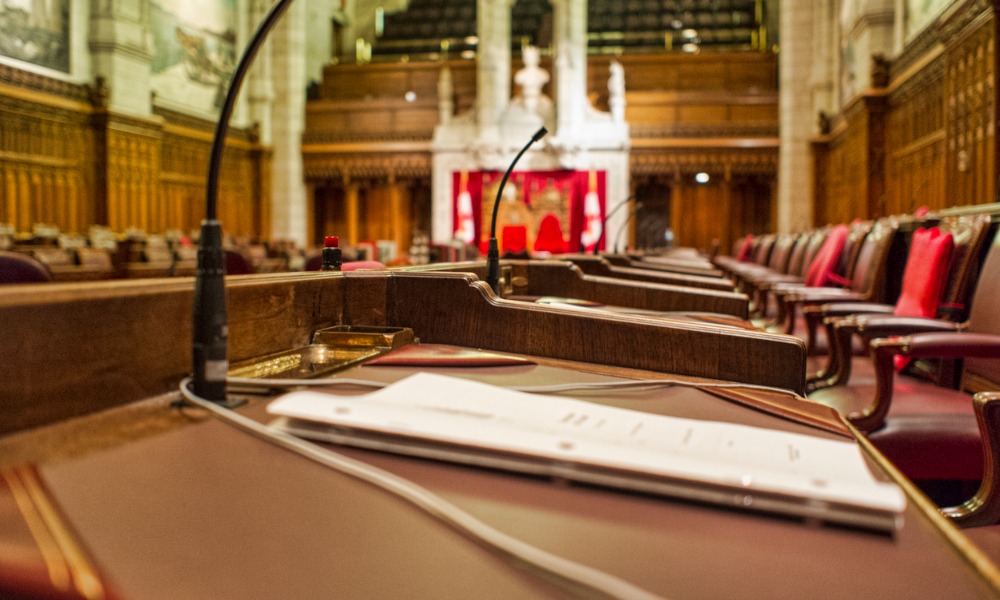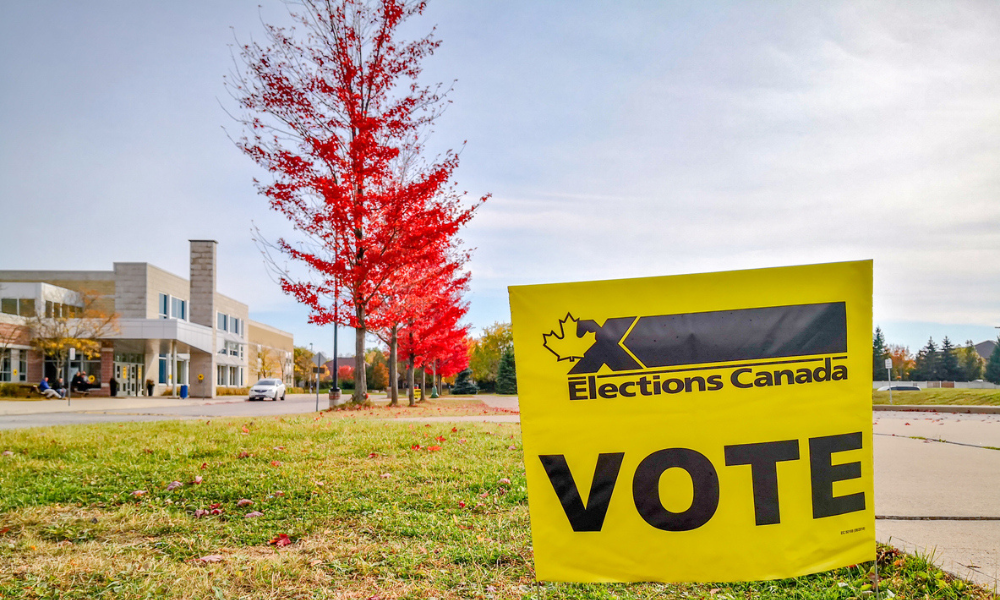A blue-ribbon group of commissioners from across the globe is calling for an end to misguided drug laws that have had the ironic affect of boosting narcotics usage while fuelling violent cartels that rake in billions of dollars in illicit profits each year.
 “Fifty years after the initiation of the UN Single Convention on Narcotic Drugs, and 40 years after president Nixon launched the U.S. government’s global war on drugs, fundamental reforms in national and global drug control policies are urgently needed,” said former Brazilian president Fernando Henrique Cardoso, who acted as chairman of the Global Commission on Drug Policy, in a statement today.
“Fifty years after the initiation of the UN Single Convention on Narcotic Drugs, and 40 years after president Nixon launched the U.S. government’s global war on drugs, fundamental reforms in national and global drug control policies are urgently needed,” said former Brazilian president Fernando Henrique Cardoso, who acted as chairman of the Global Commission on Drug Policy, in a statement today.
“Let’s start by treating drug addiction as a health issue, reducing drug demand through proven educational initiatives and legally regulating rather than criminalizing cannabis,” he added.
Former Colombian president César Gaviria, whose country has been wracked by drug wars, said flawed policies have caused the lawless violence currently consuming much of Latin America.
“Now is the time to break the taboo on discussion of all drug policy options, including alternatives to drug prohibition,” said Gaviria.
The groundbreaking report could well gain traction with policy makers, considering the pedigree of those who helped author it. Former United Nations secretary general Kofi Annan, former UN high commissioner for human rights Louise Arbour, Virgin Group founder Richard Branson, former U.S. secretary of state George Shultz, and former U.S. Federal Reserve chairman Paul Volcker all served as commissioners.
Their recommendations for reform, include the following:
? End the criminalization, marginalization and stigmatization of people who use drugs but who do no harm to others.
? Encourage experimentation by governments with models of legal regulation of drugs (especially marijuana) to undermine the power of organized crime and safeguard the health and security of their citizens.
? Ensure a variety of treatment methods are available — including not just methadone and buprenorphine treatment but also the heroin-assisted treatment programs that have proven successful in many European countries and Canada.
? Apply human rights and harm-reduction principles and policies both to people who use drugs as well as those involved in the lower ends of illegal drug markets such as farmers, couriers, and petty sellers.
“The good news is that new approaches focused on regulation and decriminalization have proven to work in a number of countries,” said Branson during a press conference this morning.
“We need more leaders to start looking at alternatives, and to look at fact-based approaches. We need more humane and we need more effective ways to reduce the harm caused by drugs. One thing we cannot afford to do is to go on pretending that the war on drugs is working.”
 “Fifty years after the initiation of the UN Single Convention on Narcotic Drugs, and 40 years after president Nixon launched the U.S. government’s global war on drugs, fundamental reforms in national and global drug control policies are urgently needed,” said former Brazilian president Fernando Henrique Cardoso, who acted as chairman of the Global Commission on Drug Policy, in a statement today.
“Fifty years after the initiation of the UN Single Convention on Narcotic Drugs, and 40 years after president Nixon launched the U.S. government’s global war on drugs, fundamental reforms in national and global drug control policies are urgently needed,” said former Brazilian president Fernando Henrique Cardoso, who acted as chairman of the Global Commission on Drug Policy, in a statement today.“Let’s start by treating drug addiction as a health issue, reducing drug demand through proven educational initiatives and legally regulating rather than criminalizing cannabis,” he added.
Former Colombian president César Gaviria, whose country has been wracked by drug wars, said flawed policies have caused the lawless violence currently consuming much of Latin America.
“Now is the time to break the taboo on discussion of all drug policy options, including alternatives to drug prohibition,” said Gaviria.
The groundbreaking report could well gain traction with policy makers, considering the pedigree of those who helped author it. Former United Nations secretary general Kofi Annan, former UN high commissioner for human rights Louise Arbour, Virgin Group founder Richard Branson, former U.S. secretary of state George Shultz, and former U.S. Federal Reserve chairman Paul Volcker all served as commissioners.
Their recommendations for reform, include the following:
? End the criminalization, marginalization and stigmatization of people who use drugs but who do no harm to others.
? Encourage experimentation by governments with models of legal regulation of drugs (especially marijuana) to undermine the power of organized crime and safeguard the health and security of their citizens.
? Ensure a variety of treatment methods are available — including not just methadone and buprenorphine treatment but also the heroin-assisted treatment programs that have proven successful in many European countries and Canada.
? Apply human rights and harm-reduction principles and policies both to people who use drugs as well as those involved in the lower ends of illegal drug markets such as farmers, couriers, and petty sellers.
“The good news is that new approaches focused on regulation and decriminalization have proven to work in a number of countries,” said Branson during a press conference this morning.
“We need more leaders to start looking at alternatives, and to look at fact-based approaches. We need more humane and we need more effective ways to reduce the harm caused by drugs. One thing we cannot afford to do is to go on pretending that the war on drugs is working.”







